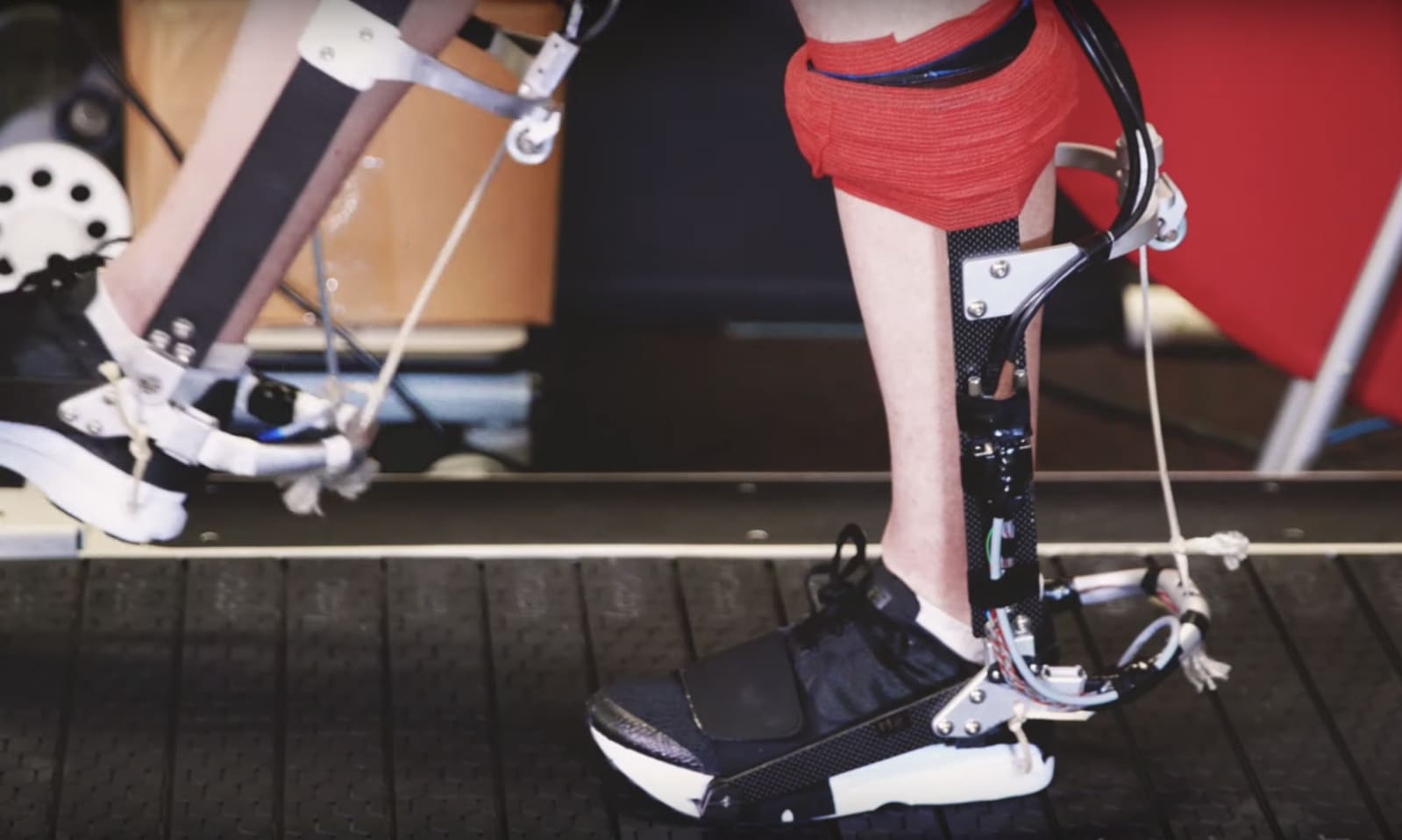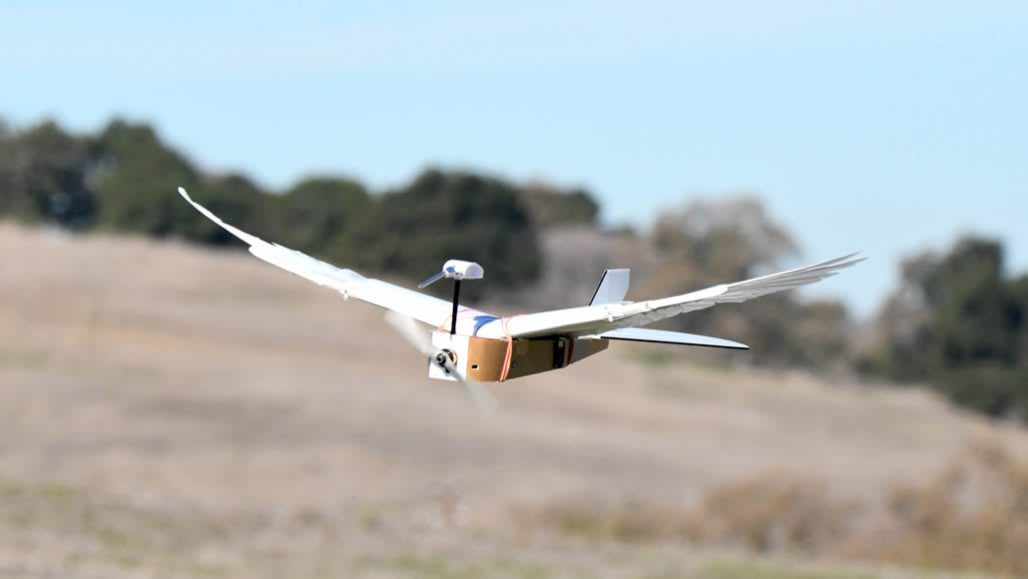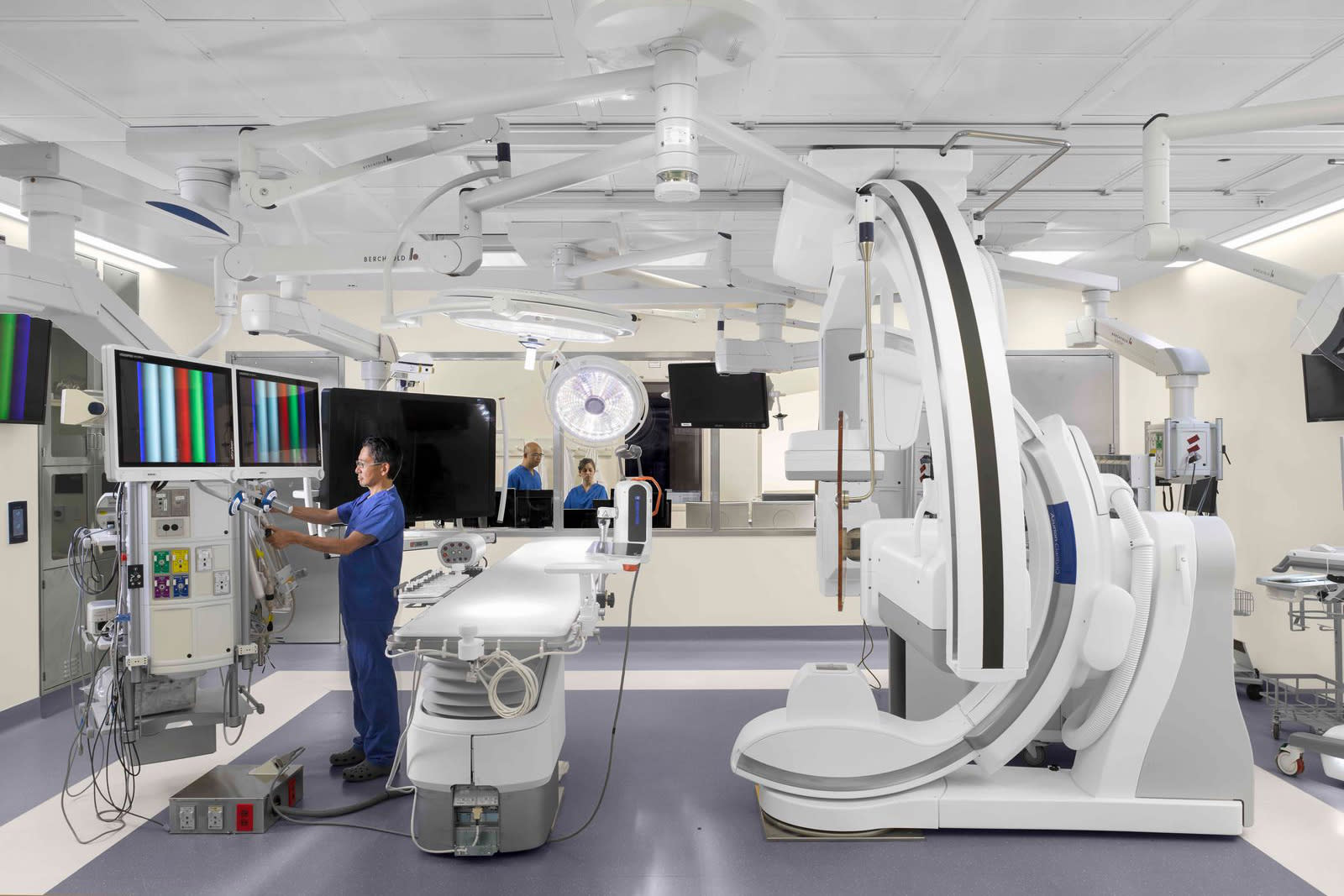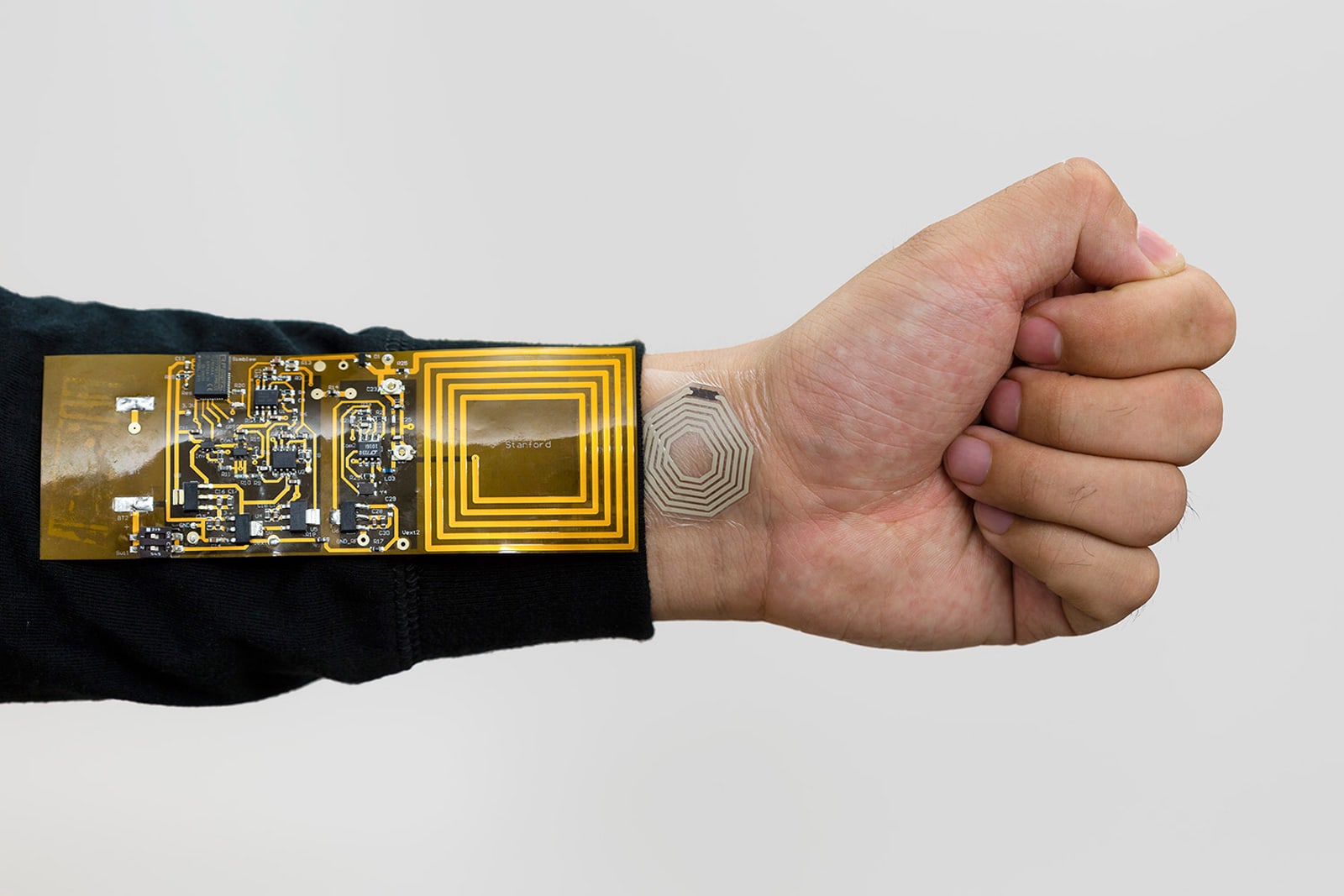Tag Archives: stanford
Stanford University lab repurposes scuba gear into reusable PPE
Stanford, Scripps and Fitbit try using wearables to detect infections
Engineers test a powered ‘ankle exoskeleton’ to make running easier
 Ankle exoskeletons could help you run longer and faster and even serve as a new mode of transportation, according to a team of Stanford University engineers. The engineers tested a motorized exoskeleton rig that attaches around the ankle and foot and...
Ankle exoskeletons could help you run longer and faster and even serve as a new mode of transportation, according to a team of Stanford University engineers. The engineers tested a motorized exoskeleton rig that attaches around the ankle and foot and...
Stanford moves classes online to deal with coronavirus outbreak
 Online education is about to get a major (if short) field test. Stanford University is moving the last two weeks of winter quarter classes online "to the extent feasible" to reduce the chances of COVID-19 spreading on campus. There will be no class...
Online education is about to get a major (if short) field test. Stanford University is moving the last two weeks of winter quarter classes online "to the extent feasible" to reduce the chances of COVID-19 spreading on campus. There will be no class...
Scientists make jellyfish swim faster to prepare for deep-sea exploration
 Scientists at Caltech and Stanford University want to turn jellyfish into deep-sea explorers that could be directed around the ocean, recording info as they travel. In a paper published in the journal Science Advances, the team explains how they've d...
Scientists at Caltech and Stanford University want to turn jellyfish into deep-sea explorers that could be directed around the ocean, recording info as they travel. In a paper published in the journal Science Advances, the team explains how they've d...
Pigeon-inspired drone bends its wings to make it more agile
 To be able to develop unmanned aerial systems (UAS) more maneuverable than current models, roboticists are drawing inspiration from birds. A team of researchers from Stanford University's Lentink Lab, for instance, has built a robotic pigeon aptly ca...
To be able to develop unmanned aerial systems (UAS) more maneuverable than current models, roboticists are drawing inspiration from birds. A team of researchers from Stanford University's Lentink Lab, for instance, has built a robotic pigeon aptly ca...
Stanford’s new tech-laden hospital includes pill-picking robots
 Technology only seems to find its way into hospitals in fits and starts. Stanford, however, is about to find out what happens when you build a tech-oriented hospital from the ground up. The university has opened a new hospital in Stanford Health Car...
Technology only seems to find its way into hospitals in fits and starts. Stanford, however, is about to find out what happens when you build a tech-oriented hospital from the ground up. The university has opened a new hospital in Stanford Health Car...
Stanford publishes its massive Apple Watch heart-rate study
 The Stanford researchers that conducted Apple's Heart Study have published their paper in the New England Journal of Medicine. They previously released the study's preliminary results, but you can now read the full paper if you're curious about how t...
The Stanford researchers that conducted Apple's Heart Study have published their paper in the New England Journal of Medicine. They previously released the study's preliminary results, but you can now read the full paper if you're curious about how t...
Sticker sensor monitors your body using wireless power
 Wearable body sensors have a common problem: they need power and antennas, and all that equipment leads to bulky devices that influence your behavior. Stanford researchers, however, have developed a system that could be almost imperceptible. Their Bo...
Wearable body sensors have a common problem: they need power and antennas, and all that equipment leads to bulky devices that influence your behavior. Stanford researchers, however, have developed a system that could be almost imperceptible. Their Bo...